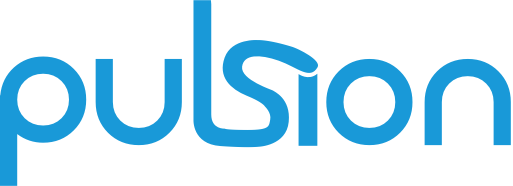AI-driven requirements gathering and management solution.
Requiment Case Study
Industry
SaaS
About Client
Requiment is a requirements gathering and management software for software development projects.
Technolgies Used
React, TypeScript, AWS, Chat GPT 3.5 Turbo
Project Value
Pulsion has created several software applications for FieldImp, the latest of which is Requiment. FieldImp specialises in creating innovative mobile and web applications for improving efficiency. Requiment has been developed to address a problem area in software development: requirements.
Studies have found that 70% of digital transformation projects fail, and other studies have found that 70% of the time this failure is due to poor or incomplete requirements. That means that 49% of software projects are failing due to requirements. This is an unacceptable failing in the project management process, and so Requiment was created to address this issue.

Project Description
The biggest issue identified with requirements was primarily in the gathering process. Gaps in requirements leave space for assumptions, misunderstandings and missed software functionality. To address this, FieldImp commissioned us to create a software solution which guides the user through the requirements gathering process, leading to the creation of a detailed requirements document.
Project Successes
Requiment is cloud hosted software as a service (SaaS) product which leads the user through categories of requirements to ensure all requirements are fully explored and detailed in a requirements document. The solution is structured to simplify the requirements gathering process while remaining flexible in application so it can be used in all software development projects. The user is prompted to consider all aspects of their project, such as user roles, expected user numbers, growth expectations, and the specifics of features.
Once completed, Requiment will generate a formatted requirements document. To go alongside this, Requiment can also generate wireframes, meaning the user has a fully developed requirements document and corresponding wireframes to develop their project. The solution significantly decreases the time it takes to create a thorough requirements document, allowing users to create a full requirements document in just 30 minutes.
An important step in the development of Requiment was making it fully self-service. Users can now get started on Requiment by signing up to a free trial and move on to a paid subscription without any involvement from Requiment staff. To reduce the development time of this feature, we used many of the inbuilt components of the payment platform Stripe.
Pulsion continue to manage the hosting, support and development roadmap of Requiment and have a dedicated team working on further feature development.
A recent development was that of the Tasks feature. This allows users to generate tasks based on the requirements captured in Requiment. These tasks can then be uploaded into platforms such as Jira, creating tickets for the management of software development projects. This is a significant new component of Requiment, designed to not only save time but also to improve consistency through generating tickets directly from the requirements.
Further development includes the integration of artificial intelligence (AI). AI is used to get a kick start on the requirements gathering process by generating potential requirements based on the type of project. Development won’t stop here, with the requirements and software project management processes being explored to identify further areas which can be improved with Requiment.
Scale your business with innovative digital solutions.

